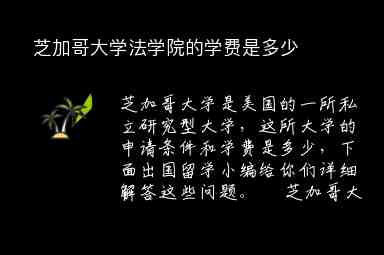一:defiance是什么意思?用法、例句的意思
defiance是一个名词,意为“挑战;违抗;蔑视”。它源自于法语的“défiance”,最早出现于14世纪,意为“不信任;怀疑”。在英语中,它常被用来指对权威或规则的或挑战。
二:怎么读(音标)
defiance的音标为/dɪˈfaɪəns/,其中/dɪ/发音类似于单词“did”的第一个音节,/ˈfaɪəns/发音类似于单词“fiance”的后两个音节。
三:用法
1.作为名词,defiance可以指对某种规则、权威或传统的或挑战。:
- He showed defiance towards his strict father by skipping school.
(他通过逃学来表示对严厉父亲的。)
- The protesters shouted slogans in defiance of the government's new policy.
(者高喊口号,以示对新的挑战。)
2.作为动词,defy可以表示公然违抗或拒绝遵守某种规则或命令。:
- The students defied the school's ban on wearing hats.
(学生们公然违抗学校戴帽子的规定。)
- The criminal defied the police's orders to surrender.
(罪犯拒绝遵守的投降命令。)
3.作为形容词,defiant可以表示挑战性的或蔑视的。:
- The defiant attitude of the protesters led to clashes with the police.
(者的挑衅态度导致与发生。)
- She looked at her boss with a defiant expression on her face.
(她用一副挑衅的表情看着她的老板。)
4.作为副词,defiantly可以表示挑战地或蔑视地。:
- The students marched defiantly through the streets, chanting slogans.
(学生们挑衅地穿过街道,高喊口号。)
四:例句1-5句且中英对照
1. In a show of defiance, the workers went on strike for higher wages.
(作为一种挑战,工人们要求更高的工资。)
2. Despite threats from the government, the journalist continued to publish articles in defiance of censorship laws.
(尽管受到的威胁,这位记者仍然继续发表文章,公然违抗审查法律。)
3. The teenager's constant defiance towards his parents caused tension in their relationship.
(这个十几岁的孩子对父母不断地导致他们的关系紧张。)
4. The teacher was impressed by the student's defiance and determination to stand up for what she believed in.
(老师对这个学生的挑战和坚定不移地捍卫自己信仰的决心印象深刻。)
5. In defiance of the storm warnings, the fishermen went out to sea.
(尽管有暴风雨报,渔民们还是出海了。)
五:同义词及用法
1. challenge:指对权威或规则的公然挑战,语气更强烈。
2. rebellion:指对权威或者的,通常指为了改变现状而进行的行动。
3. disobedience:指违背命令、规则或法律。
4. insubordination:指不服从上级命令或拒绝遵守规定。
5. resistance:指抵抗、、阻力。
六:编辑总结
defiance是一个常用的名词,意为“挑战;违抗;蔑视”。它可以作为名词、动词、形容词和副词使用,常用来表达对权威或规则的或挑战。在英语中,它与其他一些同义词如challenge、rebellion等有着相似但又略有不同的用法。在写作中,我们可以根据具体的语境来选择最合适的词汇。




